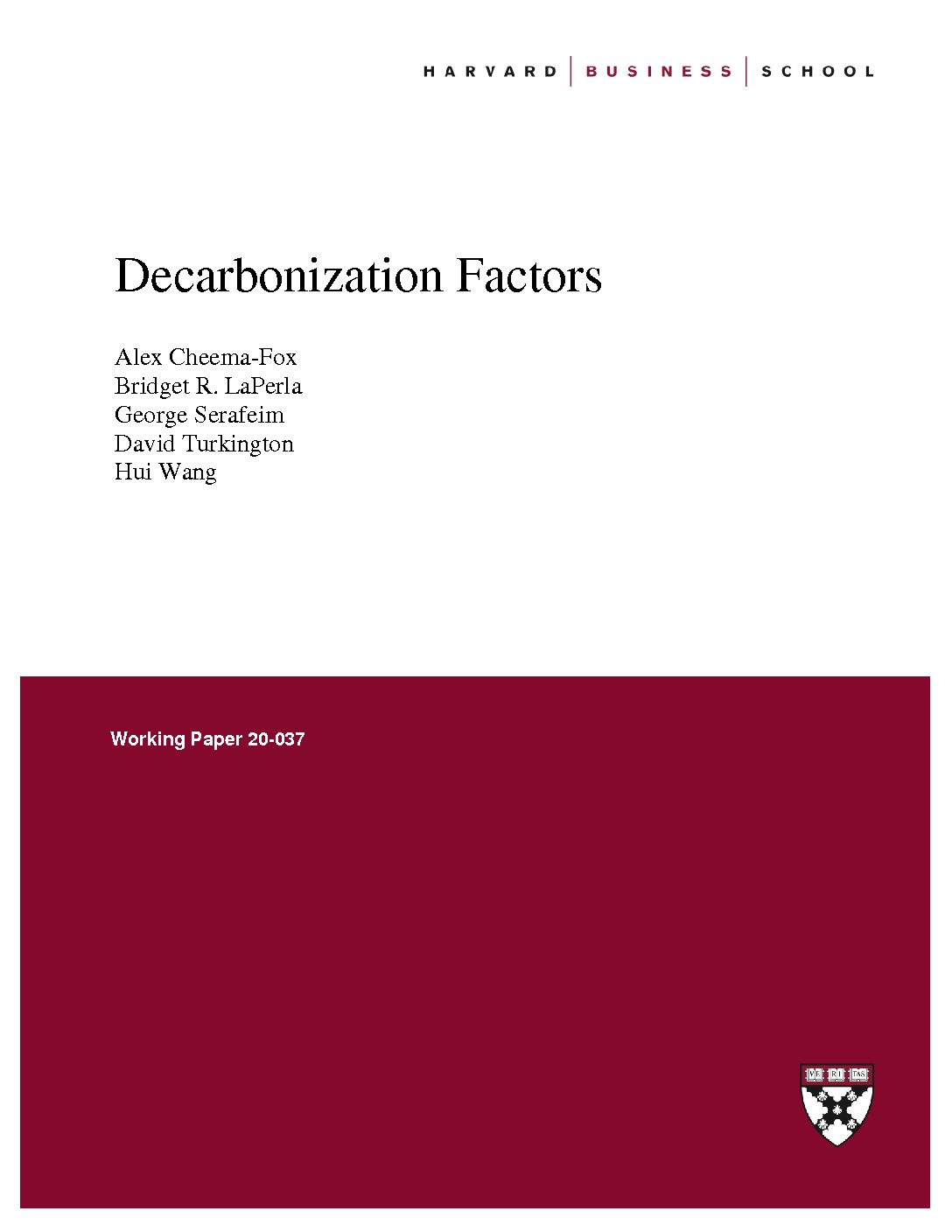Companies are increasingly correcting accounting problems by quietly updating past numbers, rather than alerting investors and reissuing financial statements. A study finds that almost half of these “quiet” revisions to SEC filings from August 2004 through 2015 met at least one of the guidelines for them to be considered “Big R” restatements that require alerts







